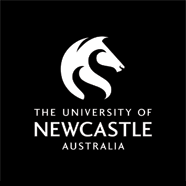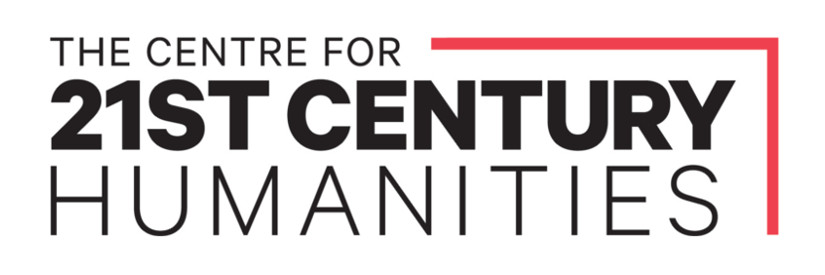| Site Name | Fort Wellington, Raffles Bay |
| Aboriginal or Torres Strait Islander Place Name | |
| Language Group, Nation or People | Iwaidja |
| Present State/Territory | NT |
| Colony/State/Territory at the time | NSW |
| Police District | Sydney |
| Latitude | -11.249 |
| Longitude | 132.421 |
| Date | 30 Jul 1827 |
| Attack Time | Day |
| Victims | Aboriginal or Torres Strait Islander People |
| Victim Descriptions | Aboriginal |
| Victims Killed | 30 |
| Victims Killed Notes | |
| Attackers | Colonists |
| Attacker Descriptions | Foot Soldier(s) |
| Attackers Killed | 0 |
| Attackers Killed Notes | |
| Transport | Foot |
| Motive | Reprisal |
| Weapons Used | Musket(s), Cannon(s) |
| Narrative | According to archaeologist John Mulvaney (1989, p 69), on 30 July 1827, Captain Henry Smyth, 39th Regiment Commandant at the British Settlement at Fort Wellington, Raffles Bay, exasperated by 'habitual pilfering' by the Iwaidja, 'and following the wounding of a soldier [James Taylor]…responded by ordering an indiscriminate attack' on the Iwaidja encampment with an 18 pound cannon and killed up to 30 men, women and children.
The settlement [Fort Wellington] had been established only a year earlier, following clashes with the Tiwi people at Fort Dundas on nearby Melville Island. John Sweatman, the clerk on board HMS Bramble which visited the fort in 1846, recorded both the event and the effect the killings would have had on the Iwaidja: 'Here [at Fort Wellington] the party again found the natives hostile and after being perpetually attacked, Capt. Smythe, the commandant, determined to try the effect of a severe lesson; he accordingly turned his people out and in one night shot about 30 of the natives, the rest flying for their lives. The consequence of this decisive measure may be imagined, when it is remembered that the severest conflicts of the natives themselves often involve the loss of more than one life, and even that is sufficient to throw a whole tribe into the deepest sorrow and frenzy: it quite settled the matter, no more natives were seen for some months' (Allen & Corris, 1977, pp 135-136). See also the Fort Dundas massacre. |
| Sources | Mulvaney 1989, p 69; Allen & Corris 1977, pp 135-136. See also: HRA, III, Vol v, pp 816-20 https://doi.org/10.26181/22300321.v1; HRA III, Vol vi, p 777 https://doi.org/10.26181/22300324.v1; Wilson 1968, p 148; Connor 2002, p 74; McKenna 2016, p 73; Powell 2016, p 90-91; The Colonist, August 4, 1838, p 5 http://nla.gov.au/nla.news-article31721457. See also Powell, 2016, pp 90-91. (Sources PDF) |
| Corroboration Rating | *** |

